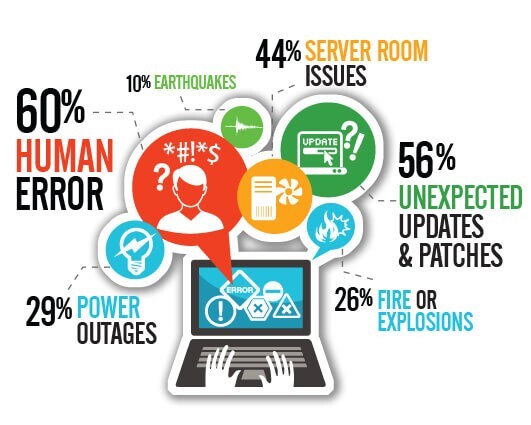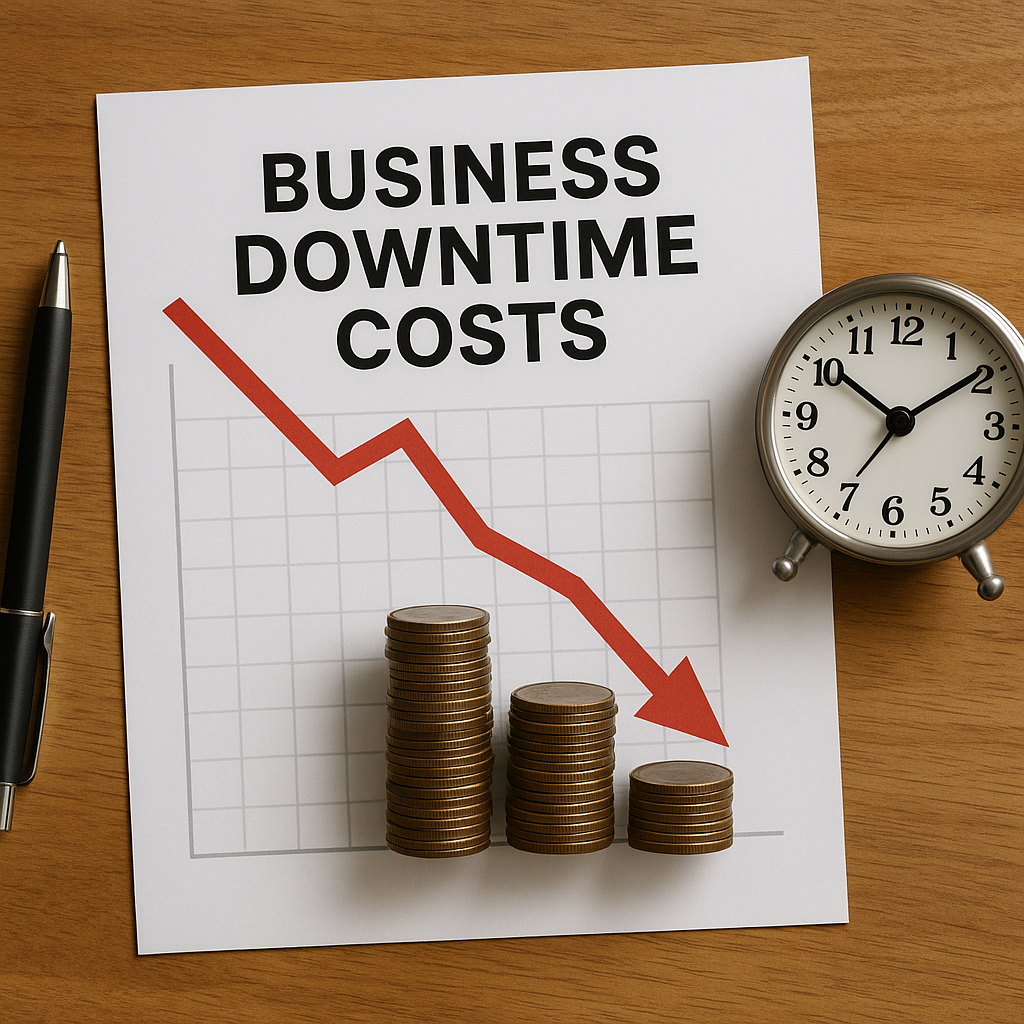Disaster Recovery: Are You Ready?
If your business was a victim of a flood, would you be able to recover quickly? What about a fire? How about a ransomware attack? All of these are...

Businesses of every size face potential disasters every day that could bring them to the brink of destruction. For some, the disasters are natural - think hurricanes or earthquakes - but for others, it's human errors and cyberattacks. No matter the disaster, any of these issues could be a costly disruption to your business. While most large businesses have a disaster recovery plan in place, small businesses tend to push off this sort of task until it's too late.
With the dawn of the new decade, it is time for small and mid-sized businesses to get their disaster recovery plans set up to ensure their continued success in the event of a problem. Here are some tips to make your disaster recovery plan worth the paper it's written on.
With a tried and tested disaster recovery plan and a secure data backup system, your business stands the best chance to recover and thrive after a disaster occurs. Fraser Advanced Information Systems provides businesses of every size with efficient, reliable and cost-effective data backup solutions.

If your business was a victim of a flood, would you be able to recover quickly? What about a fire? How about a ransomware attack? All of these are...

With disaster recovery in a constantly changing world of information technology (IT), new network security issues crop up on a daily basis. While...

Whether it's a ransomware attack, hardware failure or natural disaster, one thing is certain: unplanned downtime is more than an inconvenience. It's...